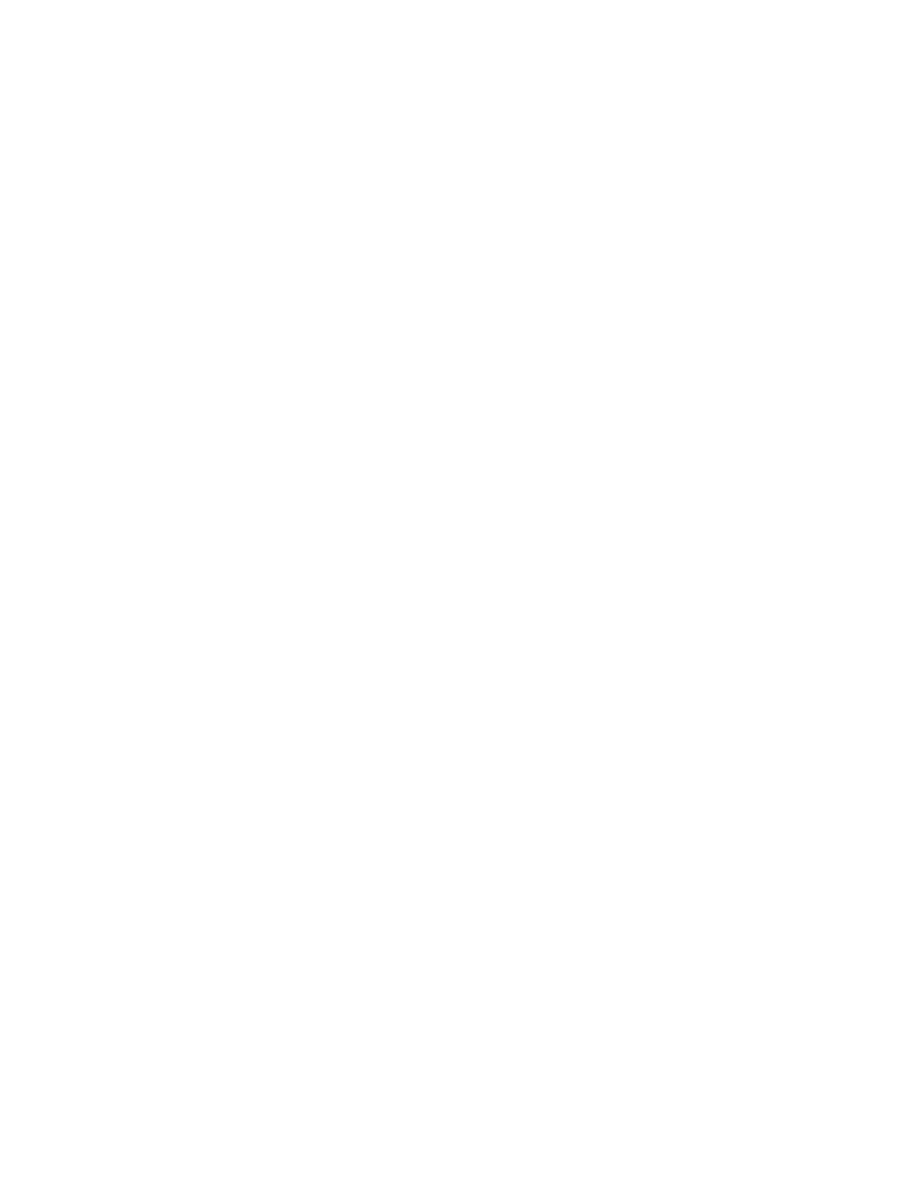Colorado 4WD V8-5.3L (2010)

*
The fuel pump relay may need to be commanded ON a few times in order to obtain the highest possible fuel pressure.
*
DO NOT start the engine.
1. Ignition ON, command the fuel pump relay ON with a scan tool and observe the fuel pressure gauge while the fuel pump is operating. Verify the
fuel pressure is between 345-414 kPa (50-60 psi).
‹› If the fuel pressure is greater than the specified range, replace the fuel pump.
‹› If the fuel pressure is less than the specified range, remove the fuel tank and test, inspect, and repair the items listed below. If all items test
normal, replace the fuel pump.
*
Restricted fuel feed pipe
*
Inspect the harness connectors and the ground circuits of the fuel pump for poor connections.
Note: The fuel pressure may vary slightly when the fuel pump stops operating. After the fuel pump stops operating, the fuel pressure should
stabilize and remain constant.
2. Verify that the fuel pressure does not decrease more than 34 kPa (5 psi) in 1 minute.
‹› If the fuel pressure decreases more than the specified value, perform the following procedure:
1. Ignition OFF, relieve the fuel pressure. Refer to Fuel Pressure Relief (CH-48027) (See: Fuel Filter/Fuel Pressure Release/Service and
Repair/Fuel Pressure Relief (CH-48027)) Fuel Pressure Relief (Without CH-48027) (See: Fuel Filter/Fuel Pressure Release/Service and
Repair/Fuel Pressure Relief (Without CH-48027)).
2. Install the J 37287 - Shut-Off Adapters between the fuel feed pipe and the fuel rail.
3. Open the valve on the J 37287 - Shut-Off Adapters.
4. Ignition ON, command the fuel pump relay ON with a scan tool and bleed the air from the fuel pressure gauge.
5. Close the valve on the J 37287 - Shut-Off Adapters.
6. Verify that the fuel pressure does not decrease more than 34 kPa (5 psi) in 1 minute.
‹› If the fuel pressure drops, locate and replace the leaking fuel injector.
7. If the fuel system test normal, replace the fuel pump.
3. Relieve the fuel pressure to 69 kPa (10 psi). Verify that the fuel pressure does not decrease more than 14 kPa (2 psi) in 5 minutes.
‹› If the fuel pressure decreases more than the specified value, replace the fuel pump.
4. Operate the vehicle within the Conditions of the customer's concern while monitoring the fuel pressure with the CH 48027 - Gauge. The fuel
pressure should not drop off during acceleration, cruise or hard cornering.
‹› If the fuel pressure drops off, test, inspect and repair the items listed below. If all items test normal, replace the fuel sender.
*
Restricted fuel feed pipe
*
Inspect the harness connectors and the ground circuits of the fuel pump for poor connections.
5. If the fuel system tests normal, refer to Symptoms - Engine Controls (See: Computers and Control Systems/Testing and Inspection/Symptom
Related Diagnostic Procedures/Symptoms - Engine Controls).
Repair Instructions
Perform the Diagnostic Repair Verification (See: Computers and Control Systems/Testing and Inspection/Diagnostic Trouble Code Tests and
Associated Procedures/Verification Tests and Procedures) after completing the diagnostic procedure.
*
Fuel Line Replacement - Chassis (See: Fuel Supply Line/Service and Repair)
*
Fuel Injector Replacement (See: Fuel Injector/Service and Repair/Removal and Replacement)
*
Fuel Tank Fuel Pump Module Replacement (See: Service and Repair)
